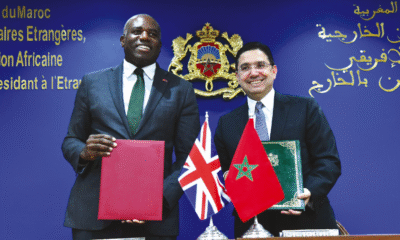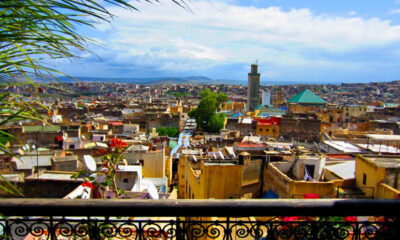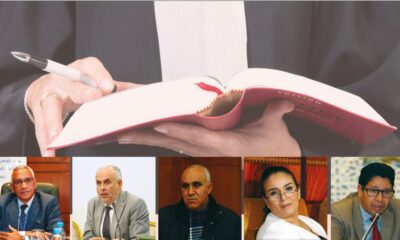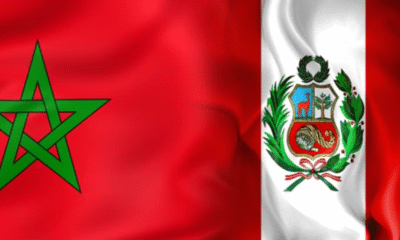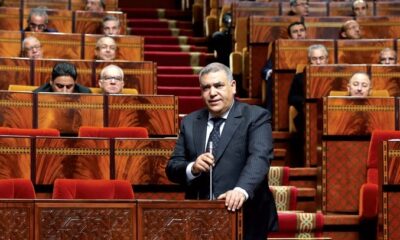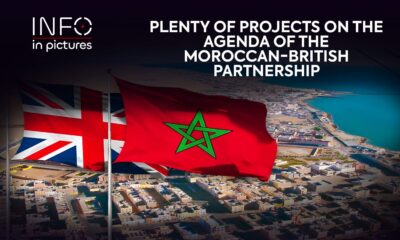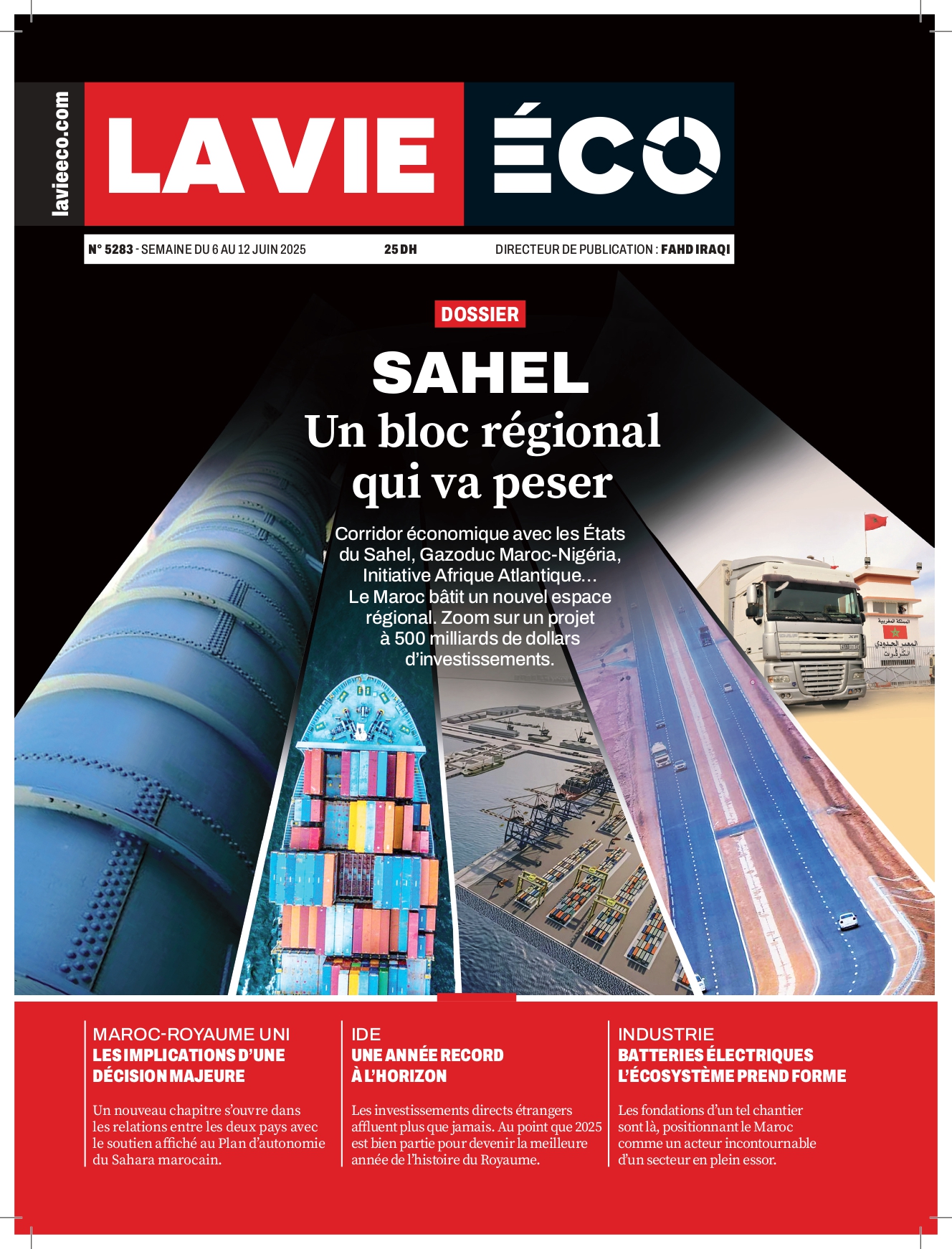Business
Human Capital: The World Bank’s third financing of 600 Million Dollars
The first two financing operations, approved in June 2022 and December 2023, allowed for the generalization of mandatory health insurance and the launch of a comprehensive social assistance program.
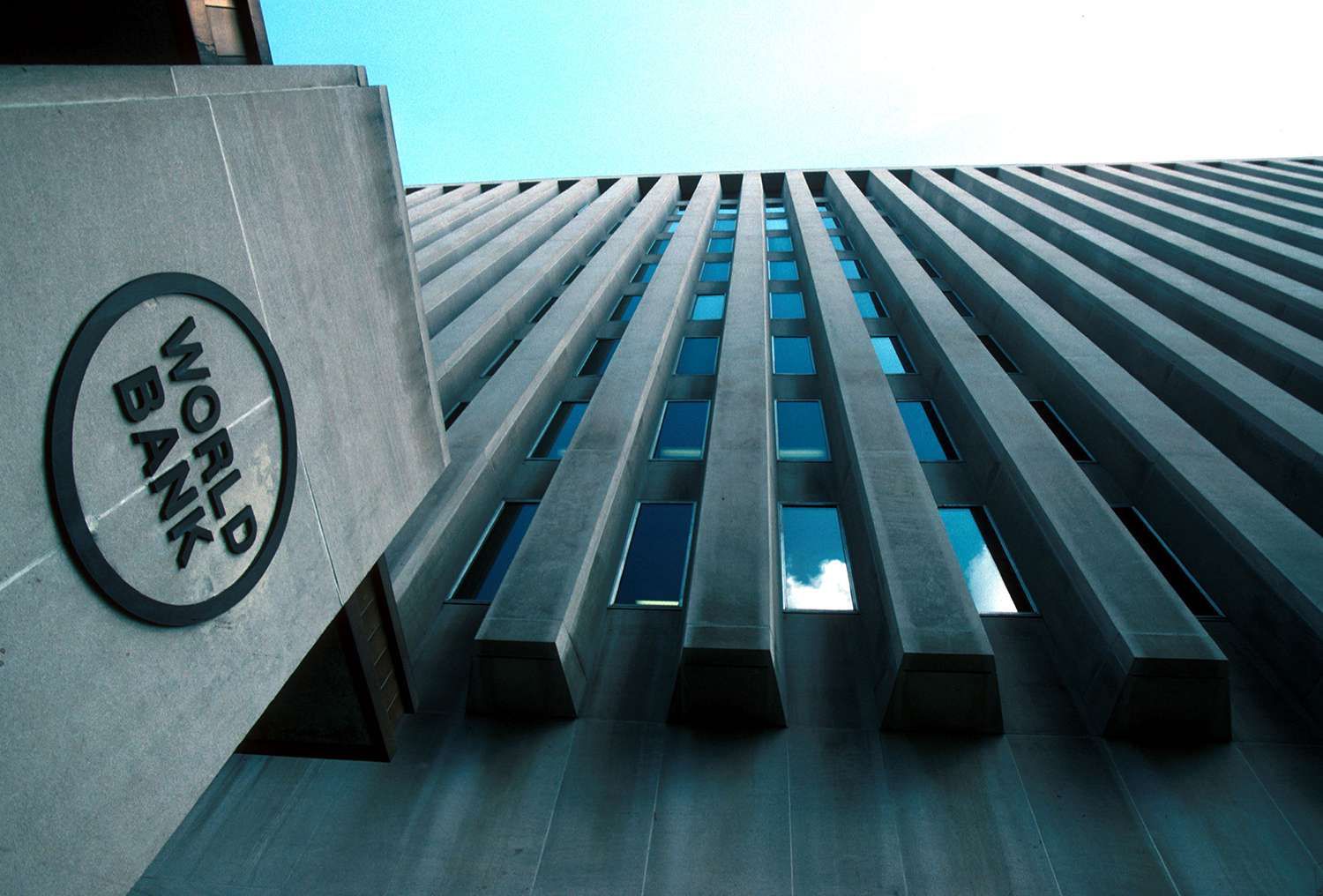
The World Bank approved financing of 600 million dollars for the third phase of the program to strengthen human capital for a resilient Morocco. This third and final operation aims to support Morocco’s resilience against health risks, improve human capital during childhood, reduce poverty among the elderly, and strengthen climate risk management.
Since 2020, Morocco has faced multiple challenges, including the COVID-19 pandemic, fluctuations in raw material prices, inflation, a devastating earthquake, and prolonged droughts. In response, the country has undertaken ambitious reforms, guided by the New Development Model, to promote stronger and more equitable growth.
This initiative supports Morocco’s national reforms aimed at extending mandatory health insurance and free health coverage for vulnerable populations, reforming health services, establishing a direct social assistance program, extending sustainable retirement coverage, and strengthening protection against climate shocks.
The first two financing operations, approved in June 2022 and December 2023, enabled significant legislative changes, notably the generalization of mandatory health insurance and the launch of a comprehensive social assistance program. This third operation aims to consolidate these advances by strengthening governance, clarifying the implementation of cash transfers and pension systems, and improving the efficiency of disaster risk management.
Morocco is progressing towards universal health coverage by implementing reforms to strengthen protection against health risks (through increased health insurance coverage), extend health insurance, modernize healthcare services, and ensure a more equitable distribution of healthcare professionals. The government aims to ensure coverage for the entire population under a unified health insurance system managed by the National Social Security Fund (CNSS). Despite significant progress, with effective coverage now reaching 75% of the population, challenges persist, particularly for non-salaried workers.
The Direct Social Assistance Program, supported by the new National Social Support Agency (ANSS), will target up to 60% of the population not covered by other family allowance schemes.
«This initiative, which follows the two previous operations, aims to strengthen Morocco’s social protection system. Today, this system already allows about 75% of the population to access more affordable healthcare and over 40% of households to benefit from cash transfers », emphasizes Ahmadou Moustapha Ndiaye, Director of the Maghreb and Malta Division at the World Bank. «These reforms are designed to make the system more comprehensive, equitable, and effective, particularly for the most vulnerable populations to climate hazards, such as farmers ».

